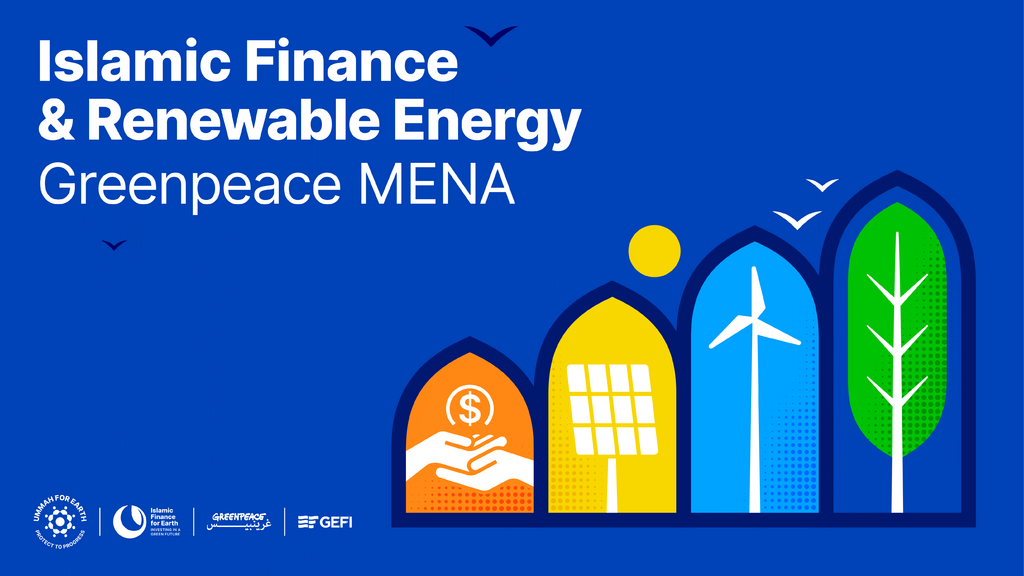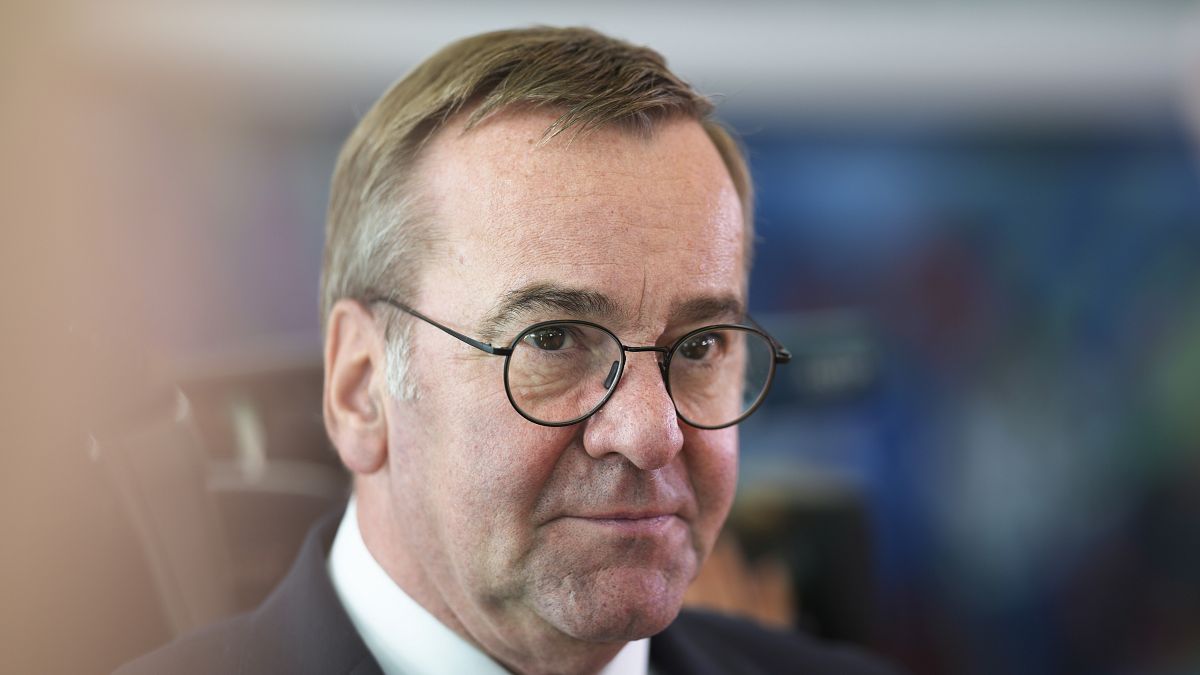Finance
To Fix Your Food Budget, Trim the Waste

WSJ’s Personal Finance team presents a series on how to fix your financial life in 2024. Last in our series: tackling the tricky subject of food budgets.
If you’re wondering where your food spending is going each month, look in your trash can.
Copyright ©2023 Dow Jones & Company, Inc. All Rights Reserved. 87990cbe856818d5eddac44c7b1cdeb8

Finance
US Treasury Selects BNY as Financial Agent for Direct Express Program | PYMNTS.com

The Bank of New York Mellon (BNY) will serve as the financial agent for the Direct Express program, which provides 3.4 million Americans with a prepaid debit card to receive monthly federal benefits.
The U.S. Department of the Treasury’s Bureau of the Fiscal Service said in a Thursday (Nov. 21) press release that it selected BNY for this role after evaluating proposals from multiple financial institutions and seeing the bank’s offering of features and customer service options.
The new agreement will begin Jan. 3 and will last five years, according to the release.
“Since 2008, the Direct Express program has paid federal beneficiaries seamlessly, inclusively and securely, while sparing taxpayers and customers the costs and risk associated with cashing paper checks,” Fiscal Service Commissioner Tim Gribben said in the release. “This new agreement will further our goals of delivering a modern customer experience and strengthening Treasury’s commitment to paying the right person, in the right amount, at the right time.”
With this agreement, BNY will add to the cardholder experience features like online/digital funds access, bill pay, cardless ATM access, omnichannel chat and text customer service, online dispute filing and in-person authentication options, the bank said in a Thursday press release.
“Drawing on our leading platform capabilities, we look forward to advancing the program’s goal of providing high-quality financial services to individuals and communities throughout the U.S.,” Jennifer Barker, global head of treasury services and depositary receipts at BNY, said in the release.
Seventy-seven percent of the recipients of disbursements opt for instant payments when given the option, according to the PYMNTS Intelligence and Ingo Payments collaboration, “Measuring Consumers’ Growing Interest in Instant Payouts.”
That’s because consumers looking for disbursements — paychecks, government payments, insurance settlements, investment earnings — want their money quickly, the report found.
In October, the Treasury Department credited the Office of Payment Integrity, within the Bureau of the Fiscal Service, with enhancing its fraud prevention capabilities and expanding offerings to new and existing customers.
The department said its “technology and data-driven” approach allowed it to prevent and recover more than $4 billion in fraud and improper payments, up from $652 million in 2023.
Finance
Islamic finance: a powerful solution for climate action – Greenpeace International

Across the globe, Muslim communities find themselves disproportionately affected by climate change, with extreme weather events, rising food insecurity, and other climate impacts taking a toll on their livelihoods, cultural practices, and spiritual life.
In the last few years, devastating floods swept through Pakistan, affecting millions, displacing thousands, and leaving entire communities struggling to rebuild. In Indonesia, one of the world’s most populous Muslim-majority countries, rising sea levels threaten to submerge coastal villages and erode vital agricultural lands. Meanwhile, in parts of the Middle East and North Africa, persistent droughts and water scarcity are increasing pressures on already fragile ecosystems and economies.
The climate crisis is having a profound impact on the daily lives and religious practices of millions of people
These climate pressures extend beyond immediate threats to survival. Climate change has also begun affecting food security in Muslim-majority regions, especially during Ramadan, a holy month where fasting is practised from dawn until dusk. In communities already grappling with the impacts of droughts or floods, maintaining food stocks for Ramadan can become a significant challenge. In Somalia, where cycles of drought and flash floods have eroded food systems, many families are forced to navigate long-standing shortages, with climate-induced shocks compounding existing vulnerabilities.
Food insecurity is a worsening crisis as global warming affects harvests, disrupts fisheries, and drives up food prices, making the observance of Ramadan particularly strenuous, both physically and economically. This brings climate change into the daily lives and religious practices of millions in profound ways, reminding us that the climate crisis is as much a social and economic issue as it is an environmental one.
Islamic finance: a financial system grounded in ethical responsibility
Islamic finance has been operating in the global financial system for decades, providing an ethical foundation rooted in Islamic principles that promote fairness, social responsibility, and environmental stewardship.

Ethical banking is a core pillar of Islamic finance. Through principles like zakat (charity) and waqf (endowment for public good), Islamic finance encourages financial activity that uplifts communities, supports sustainable projects, and avoids investments in industries harmful to people and the planet.
Many Islamic financial institutions in countries like Malaysia, the United Arab Emirates, and Saudi Arabia already support projects aimed at protecting the environment and enhancing social welfare. Success stories are already emerging. Malaysia’s green sukuk initiative has mobilised billions for renewable energy projects, while the UAE’s recent US$3.9 billion in green sukuk issuance demonstrates growing momentum. Saudi Arabia’s Vision 2030 has allocated US$50 billion for renewable initiatives, targeting an emissions reduction of 278 million tons by 2030.
A US$400 billion opportunity for climate action
While Islamic finance principles already provide a framework that aligns well with sustainability, there is still much room to strengthen its role in addressing the climate crisis, enhancing resilience in vulnerable communities, and shifting investments towards clean, renewable energy.
A new report by Greenpeace Middle East & North Africa (MENA) (as part of the Ummah For Earth Alliance) and the Global Ethical Finance Initiative (GEFI), highlights the transformative potential of Islamic finance in accelerating the global transition to renewable energy and addressing the triple planetary crisis: climate change, pollution, and biodiversity loss.
The report shows that the Islamic finance industry continues its robust expansion, with assets projected to reach USD$ 6.7 trillion by 2027, and that a strategic allocation of just 5% toward renewable energy and energy efficiency initiatives could mobilise approximately USD$ 400 billion by 2030 – a transformative sum for climate-vulnerable regions.

Islamic finance can help foster climate-resilient infrastructure, restore and protect biodiversity, and finance climate adaptation projects in at-risk communities. By explicitly directing funds away from fossil fuels and into green energy projects, Islamic financial institutions like the Islamic Development Bank (IsDB) can lead by example, especially in regions that are both vulnerable to climate impacts and hold significant influence in the global fossil fuel market. These institutions must accelerate their commitment to renewable energy investments.
As climate impacts intensify, Islamic finance offers a bridge between faith-based values and practical climate solutions. The convergence of Islamic finance and climate action represents more than a financial opportunity – it’s a moral imperative aligned with Islamic principles of environmental stewardship (khalifah) and balance (mizan).
Islamic finance, grounded in ethical principles and community responsibility, has a unique role to play in the global climate movement, particularly in the Global South. For millions across the globe, this form of finance offers a culturally relevant and powerful instrument to not only protect their communities from the worsening climate crisis but to promote environmental and economic sustainability in ways that align with their beliefs. Islamic finance offers a bridge between economic strength and ethical stewardship, creating pathways toward a more equitable and sustainable world for all.
Your voice can transform Islamic fiance
Ask your Islamic bank to support increasing investments in renewable energy!
Take action
Finance
COP29: Trillions Of Dollars To Be Mobilized For Climate Finance

BAKU, AZERBAIJAN – 2024/11/14: Participants walk in front of the main entrance during the United … [+]
World leaders are gathered in Baku, Azerbaijan, for the COP 29 on Climate Change. As the conference enters its final day tomorrow, the atmosphere is charged with anticipation. Will the leaders be able to conclude discussions on critical issues?
A document released by the UN this morning hints at progress in discussions on climate finance: while the exact figure remains undisclosed, it is mentioned that it will be in trillions of dollars. The decision on trillions of dollars is a positive step, as many experts have expressed concerns that a few billion dollars will be insufficient and will fall short of necessary action to address the urgency of climate change.
By the end of COP 29 , the world will hopefully get a new number. A lot has gone into deciding this number: 12 technical consultations and three high-level ministerial meetings. The final leg of the consultations is happening in Baku. It is worthwhile to take a look at the key items that came out of the draft document on finance today and the discussions that led to those decisions. Much of this document can be expected to feed into the final decision that comes out of COP 29.
A Decision On Trillions Of Dollars – The Quantum
What is a good number for a finance goal? Should the number be in billions or trillions? The draft text released today mentions that the amount will be in trillions. Although the exact number is unspecified.
One of the key outcomes expected from this year’s COP is this exact number which will become the new collective quantified goal, popularly referred to as NCQG. There is a high expectation that countries will be able to reach a consensus on a quantified number, which can be the North star to mobilize funds to address the urgency of climate change. It was during the COP in Copenhagen in 2009 that the earlier goal of mobilizing 100 billion per year was decied– an amount pledged by developed countries to support developing countries in addressing climate change by 2020. There are questions about whether that target was successfully met, with views from some countries that it was not met. The decision that came out today relfects this disagreement.
A few billion dollars would be unacceptable, according to Illiari Aragon, a specialist in UN Climate Negotiations, who has closely followed NCQG negotiations since they started. Many developing countries would be unsatisfied if a number of billions were proposed. In earlier talks, some numbers in billions were also floating around. Most estimations however point towards trillions. A number of at least 5 trillion, was estimated as being needed based on the Standard Committee of Finance of the United Nations as part of an assessment of needs proposed by countries in their Nationally Determined Contribution.
A Decision On The Contributor Base And Mandatory Obligations
Another key topic of discussion has been who contributes to the financial goal that comes out of COP 29. Some developed countries suggested expanding the donor base to also include countries like China and India. However, that was an unacceptable proposition, with media from India, based on interviews with experts, particularly reporting it would be unacceptable.
The new text released today goes away from the mandatory approach and adds flexibility to better reflect needs of developed and developing countries. The text states that it invites developing country Parties willing to contribute to the support mobilized to developing countries to do so voluntarily, with the condition that this voluntary contribution will not be included in the NCQG.
The document released today also states that it has been decided that there will be minimum allocation floors for the Least Developing Countries and Small Island developing countries of at least USD 220 billion and at least USD 39 billion, respectively. Deciding such a minimum allocation floor is a big step as these countries are particularly vulnerable to the extreme impacts of climate change. In March 2023, Malawi, in the African continent, was devastated by a tropical cyclone. Africa, according to some estimates, contributes to only 4% of global warming, but is particularly vulnerable to climate cahnge.
Some Decisions On Structure- What should be included?
The question regarding what types of finance will be classified as finance has been a key topic of discussion. The type of finance is crucial because it determines what kind of finance can really be aggregated to reach the big quantum goal.
In the negotiations so far, some countries suggested requiring funds to be channeled from the private sector as well. However, some parties questioned whether the private sector could be obligated to contribute to a goal and be made accountable for this goal. There were also discussion on grants versus loans. Many countries called for more grants and financing with higher concessional rates, reducing the repayment burden.
The document that came out today clarified both the above concerns. It states that the new collective quantified goal on climate finance will be mobilized through various sources, including public, private, innovative and alternative sources, noting the significant role of public funds. The decision to include the private sector is a significant step, as it provides an entry door for the private sector to be more actively involved in climate action. On grants and loans, the decision text states that a reasonable amount will be fixed in grants to developing countries, with significant progression in the provision. The decision on this allocation floor for grants, is also an essential consideration as it helps these countries to avoid being tied up in debt.
The decisions on climate finance published today during COP 29, which will act feed into the final decisions from COP 29, can add significant momentum to what is available for climate finance and action. They can also help build trust among many vulnerable countries in the power of multilateral decision-making process, showing that the world is indeed united in addressing global warming.
-
Business1 week ago
Column: OpenAI just scored a huge victory in a copyright case … or did it?
-

 Health1 week ago
Health1 week agoBird flu leaves teen in critical condition after country's first reported case
-

 Business5 days ago
Business5 days agoColumn: Molly White's message for journalists going freelance — be ready for the pitfalls
-
World1 week ago
Sarah Palin, NY Times Have Explored Settlement, as Judge Sets Defamation Retrial
-

 Politics4 days ago
Politics4 days agoTrump taps FCC member Brendan Carr to lead agency: 'Warrior for Free Speech'
-

 Science2 days ago
Science2 days agoTrump nominates Dr. Oz to head Medicare and Medicaid and help take on 'illness industrial complex'
-
/cdn.vox-cdn.com/uploads/chorus_asset/file/25739950/247386_Elon_Musk_Open_AI_CVirginia.jpg)
/cdn.vox-cdn.com/uploads/chorus_asset/file/25739950/247386_Elon_Musk_Open_AI_CVirginia.jpg) Technology4 days ago
Technology4 days agoInside Elon Musk’s messy breakup with OpenAI
-

 Lifestyle5 days ago
Lifestyle5 days agoSome in the U.S. farm industry are alarmed by Trump's embrace of RFK Jr. and tariffs

















